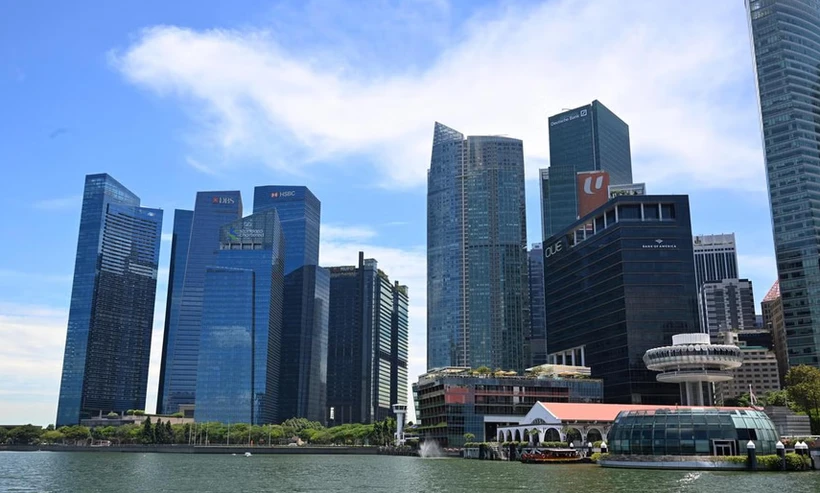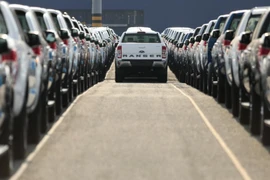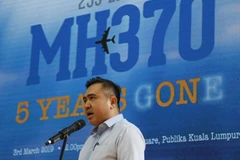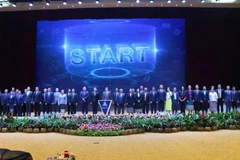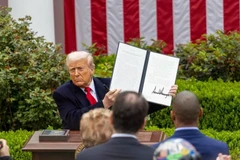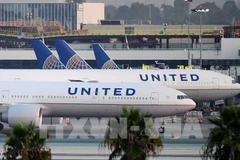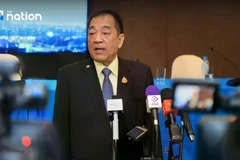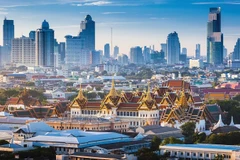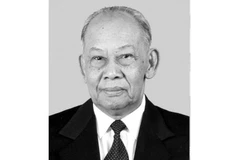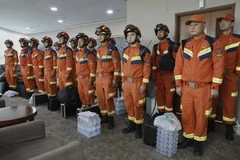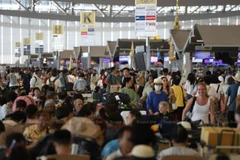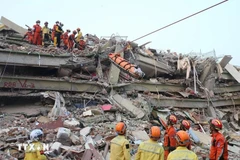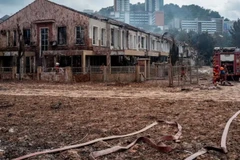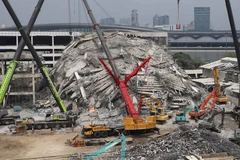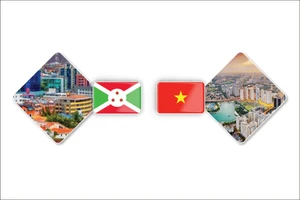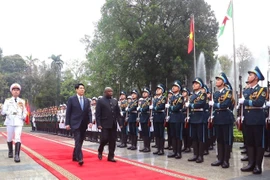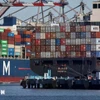Singapore (VNA) - Nearly half, or 45%, of companies polled in Singapore plan to pass on increased costs from new US tariffs to their customers, according to a flash survey by the American Chamber of Commerce (AmCham) in Singapore.
Other firms intend to respond by diversifying their supply chains to reduce their reliance on high-tariff markets, or by seizing opportunities to gain market share from competitors that are slower to adapt, AmCham Singapore said on April 2.
The survey found that more than two-thirds of the 36 respondents polled flagged potential reciprocal tariffs on countries that tax US imports as the biggest concern for their business – compared to existing trade measures.
Nearly seven in 10 (69%) said they expect the new tariffs to have a significant or moderately negative impact on their operations.
The survey findings came ahead of the announcement by the White House on April 2, detailing sweeping reciprocal tariffs on US’s trading partners.
Around 20% of respondents said they believe that the measures will have no effect on their business.
Frank Debets, Asia-Pacific customs and trade leader at PwC Singapore, disagreed. He said it will be “surprising” if companies reporting no impact are fully insulated from the knock-on effects.
For instance, their suppliers and customers may be affected, hurting their ability to buy or sell products or services, or they may be caught by retaliatory measures elsewhere, he added.
The poll was jointly conducted by AmCham Singapore, BowerGroupAsia Singapore and PwC Singapore./.
